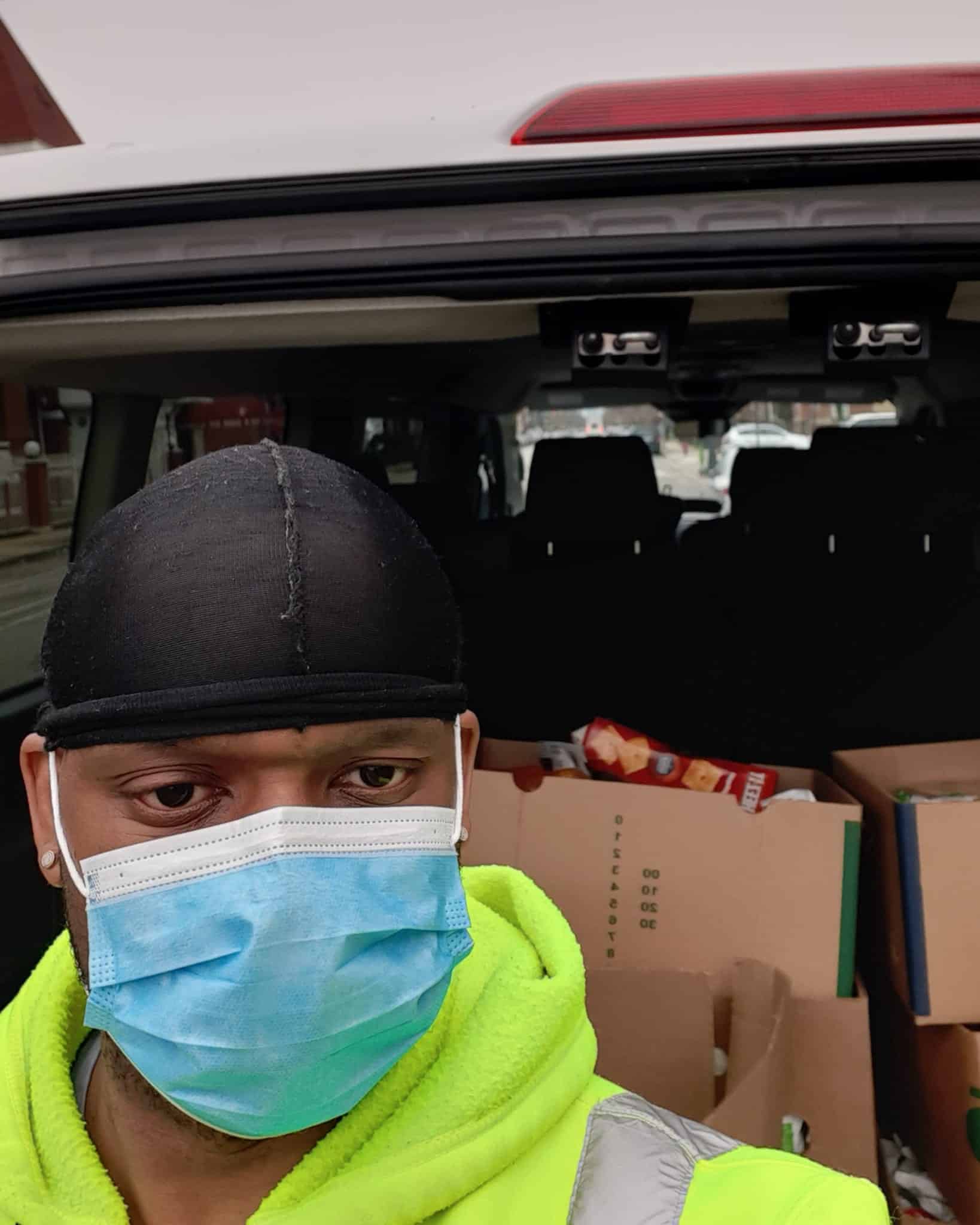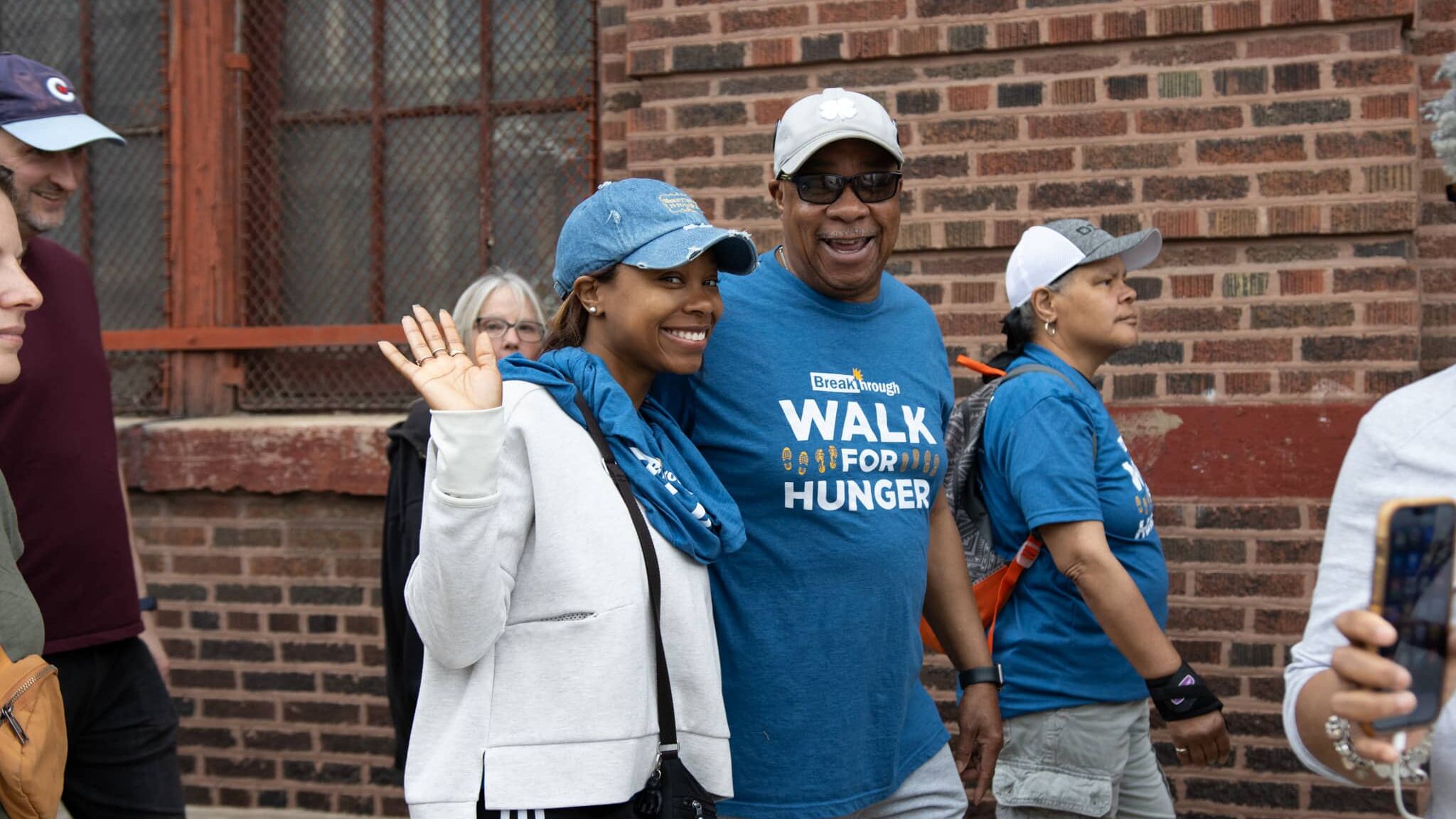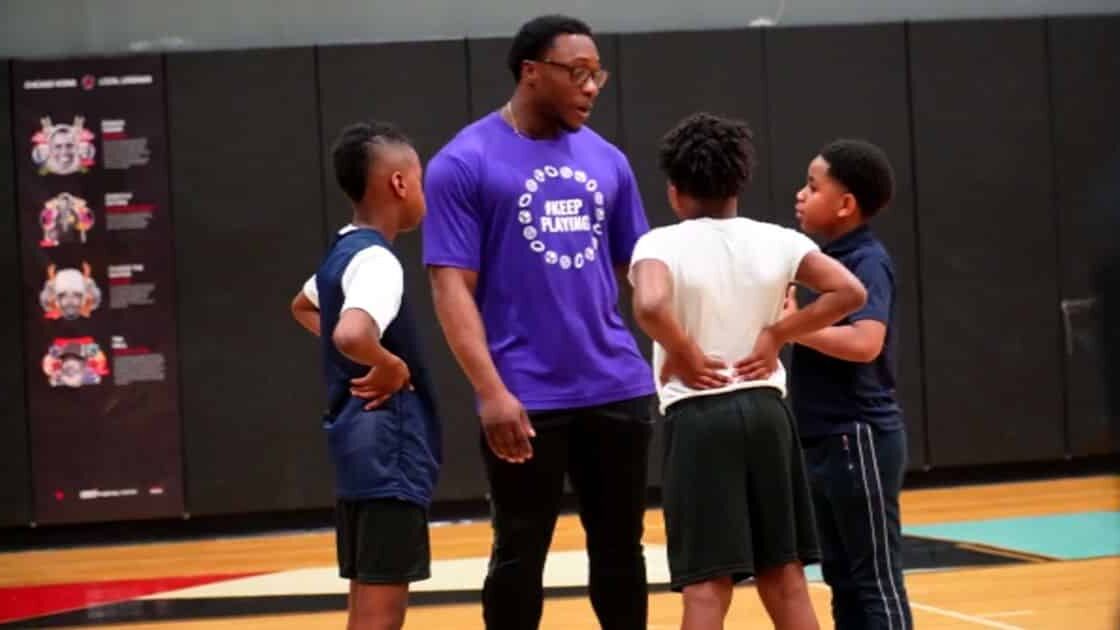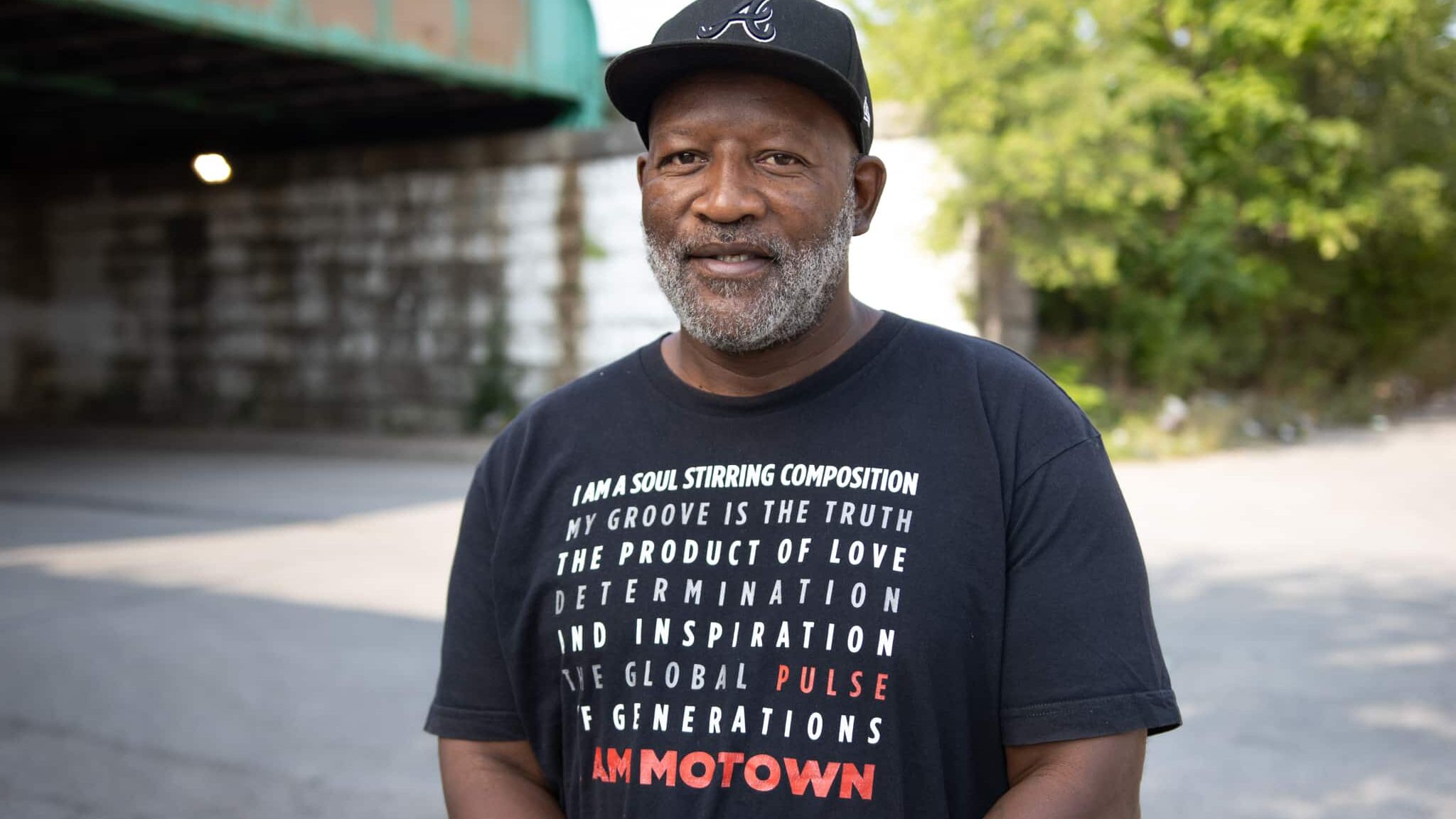Breakthrough’s violence prevention team is familiar with public health crises.
The team works around-the-clock to interrupt violence and extend the message of peace to those most vulnerable to street violence in East Garfield Park. But, like so many others, their responsibilities have adapted in light of the COVID-19 outbreak. Now, the team not only acts as outreach workers, but also as peer public health educators, assisting the community with better understanding of COVID-19 protocols.
According to Chicago Mayor Lori Lightfoot, street outreach workers normally used to stop gang violence are being employed as “messengers” on the South and West sides to provide information and conduct “well-being checks” focused on “disconnected” residents.
COVID-19 Highlights Disparity in Chicago’s Communities
These steps are a response to data showing African American communities have been hard-hit by the outbreak of COVID-19. 70 percent of Chicago’s 86 deaths from the virus have been African American, while African Americans make up only 29 percent of the city’s population. East Garfield Park, a marked hot spot, is 90 percent African American.
COVID-19 has only amplified the racial disparities across Chicago’s communities. Historically, Chicago’s African American communities have been disproportionately affected by poverty, segregation, and limited access to healthcare, increasing rates of underlying conditions like diabetes and hypertension. The population is more likely to work essential jobs, to take public transit, and to live in crowded homes. These factors are raising risks for African American residents.
Breakthrough’s violence prevention team, in addition to encouraging social distancing, is providing and informing residents of crucial resources. For instance, many local families didn’t know Chicago Public Schools are continuing to provide three meals per student. Breakthrough’s Fresh Market food pantry is offering fresh food to residents and increasing delivery service for seniors. “Our approach to support our community in this crisis is incredibly strategic,” said Damen Morris, Director of Breakthrough’s Violence Prevention Initiative.

This, he says, helps create an atmosphere of hope and encouragement in a community vulnerable to COVID-19. “Our consistent presence and services throughout our community provide hope for them and keep them looking forward for better things to come,” Damen said.
Despite Statewide Stay-at-Home Order, Violence Persists
While gun violence temporarily decreased in the first weeks of the stay-at-home order, April 7’s warm temperatures provoked a surge in violence. As the summer approaches, the team anticipates that violence will increase, perhaps even in higher numbers because of the tension and economic strain of COVID-19. Robberies and domestic violence are also increasing as a result of the virus.
The team is responding by providing hotlines and other DV resources. In addition, since the crisis began, outreach workers have distributed 80 hot meals to 23 participants. To mediate conflicts, it’s essential for workers to continue building strong, trusting relationships and to have face-to-face interaction – even six feet apart.
While the community remains vulnerable to COVID-19, so too does the violence prevention team. Workers have been encouraged to maintain a safe distance and to adapt services to include necessary precautions. Nevertheless, they remain forward facing in the East Garfield Park community, taking on a critical public health mission.
Author
-

Breakthrough partners with people to build connections, develop skills and open doors of opportunity.
Related Posts
April 30, 2024
More Than 600 People Participate in Walk for Hunger
Together we raised almost $90,000 to support our food distribution efforts.
March 22, 2024
Breakthrough Provides Girls Sports and Other Services for Families
Breakthrough provides a safe space for youth to grow, face their fears, and learn to help others. CBS Chicago highlighted our girls sports program and the other ways we partner with families in Garfield Park.
Sports & Fitness AcademyEducation & Youth DevelopmentMediaPress
February 26, 2024
History in the Making: Royce Gives Back to the Community
Royce and the other victim advocates come alongside victims and their families in the most difficult moments.




